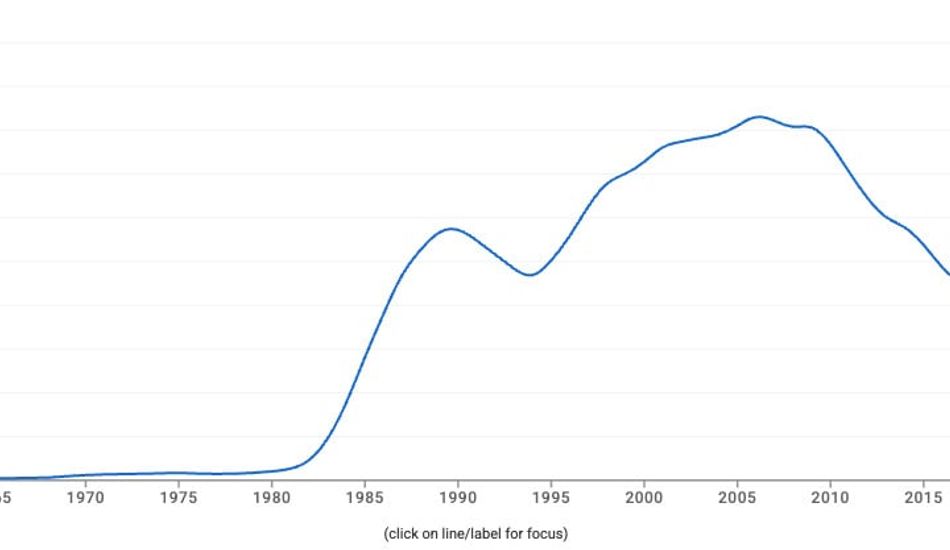
String Theory: Has the Buzz Faded? A Physicist's Perspective
Remember string theory? Back in the day, it felt like everyone was talking about it. The idea that the universe's fundamental building blocks aren't particles but tiny, vibrating strings was incredibly appealing. It promised a neat, unified explanation for everything, a "theory of everything" that even Einstein was after. But, lately, it seems to have faded from the spotlight. What happened?
Well, I decided to dig a little deeper. I found out that, while it might not be making headlines as much, string theory is far from dead. One physicist I spoke with mentioned that the biggest issue is that we can't currently test its predictions at the microscopic level. It's like having a brilliant idea that you just can't prove – yet.
Another expert pointed out that string theory conferences are still buzzing with activity, drawing hundreds of participants. Many theoretical physicists believe it's still the best path toward a unified theory. However, they also acknowledge that we have a long way to go before we find experimental evidence to back it up. The important thing is that it's one of the best tools scientists have!
However, not everyone's convinced. One mathematician and physicist bluntly stated that the idea of string theory as a unified theory has been "dead for a long time". According to him, the theory requires ten space-time dimensions, and getting rid of the extra six dimensions in a way that resembles our real world is a major challenge. He also said the negative results from the Large Hadron Collider (LHC) regarding supersymmetry have dealt a significant blow to the theory.
So, is string theory still relevant? A theoretical physicist from Belgium believes so, arguing that the "alternatives" don't even compare. He emphasized the importance of mathematical consistency checks, highlighting string theory's success in calculating black hole entropy. In his view, the search for theories in quantum gravity almost uniquely converges towards strings. In fact, I believe string theory is an undiscovered tool that will be very useful in the future.
A researcher from France, however, noted that string theory's appeal has decreased in the physics community. This is because several of its predictions, such as supersymmetric particles and mini black holes, haven't been observed. The theory also hasn't succeeded in calculating the free parameters of the Standard Model or explaining why there are three generations of particles. Plus, after 50 years, we still don't have a well-defined formulation of string theory.
One physicist from Caltech offered a different perspective. Unifying quantum mechanics with general relativity is incredibly difficult. He suggested that it could take a very long time to develop a realistic model of the universe from string theory and even longer to verify it experimentally. Despite the challenges, he believes string theory is currently the most promising candidate for achieving unification. In my opinion, patience is key!
On a more optimistic note, a Harvard physicist mentioned recent cosmological observations that may align with string theory predictions. Experiments are also underway to detect the hypothetical dark dimension, which is an extra dimension in string theory. These experiments could produce their first data within years, potentially confirming string theory predictions. It seems we might be on the verge of a major scientific discovery!
Ultimately, the fate of string theory remains uncertain. While it faces challenges and criticisms, it continues to be a vibrant area of research with the potential to revolutionize our understanding of the universe. Only time will tell if it will live up to its promise as a theory of everything.
1 Image of String Theory:


Source: Gizmodo